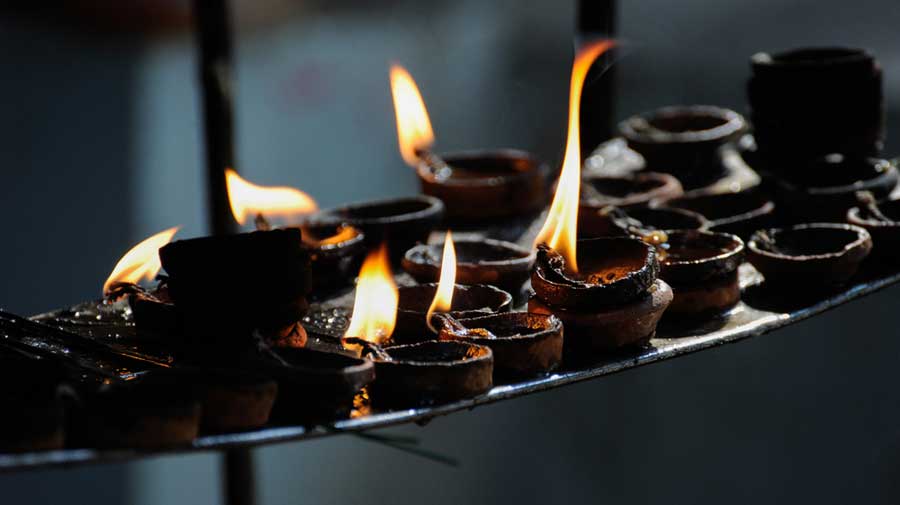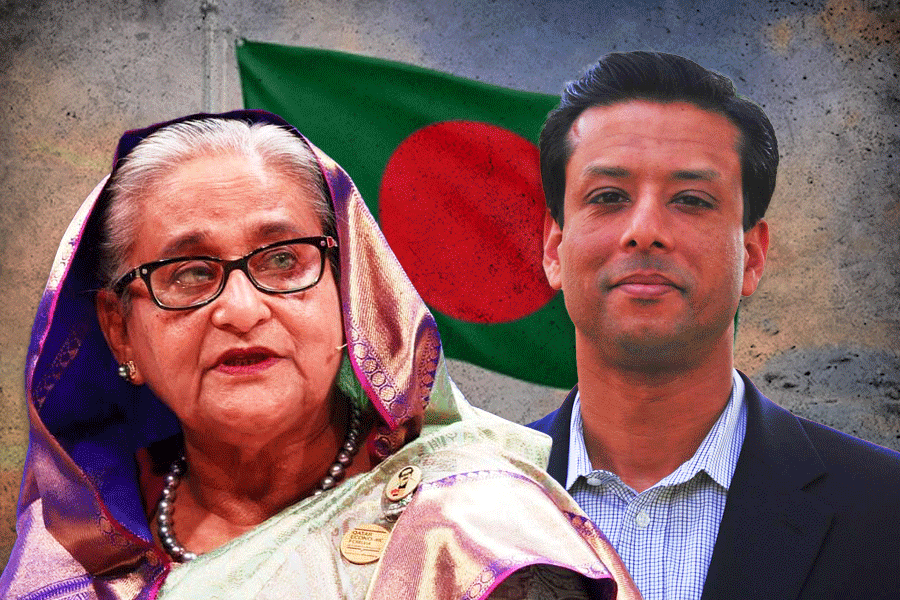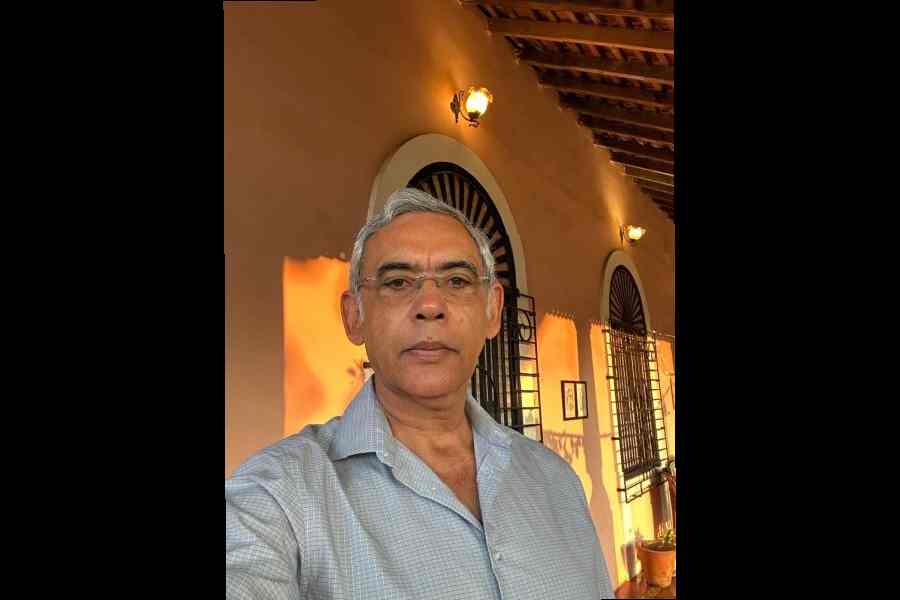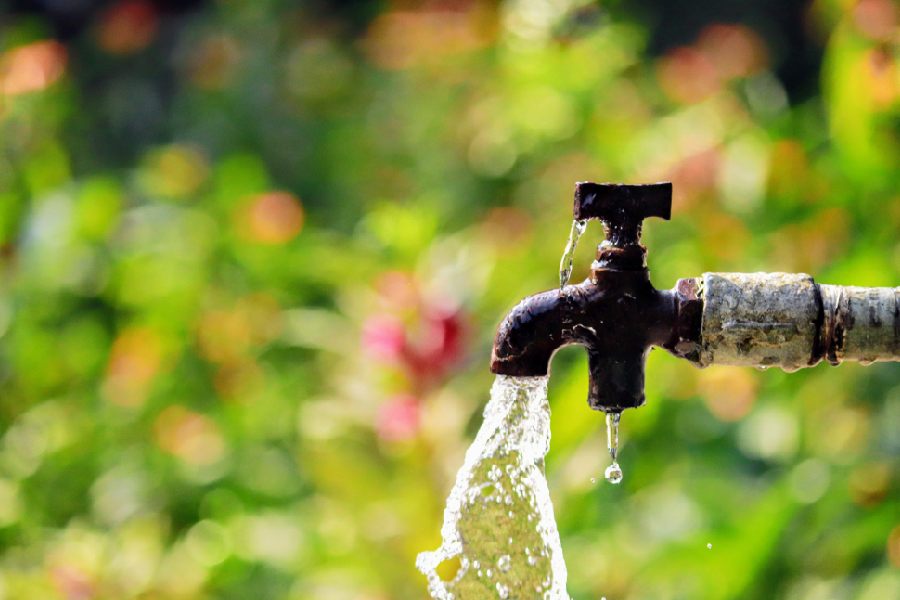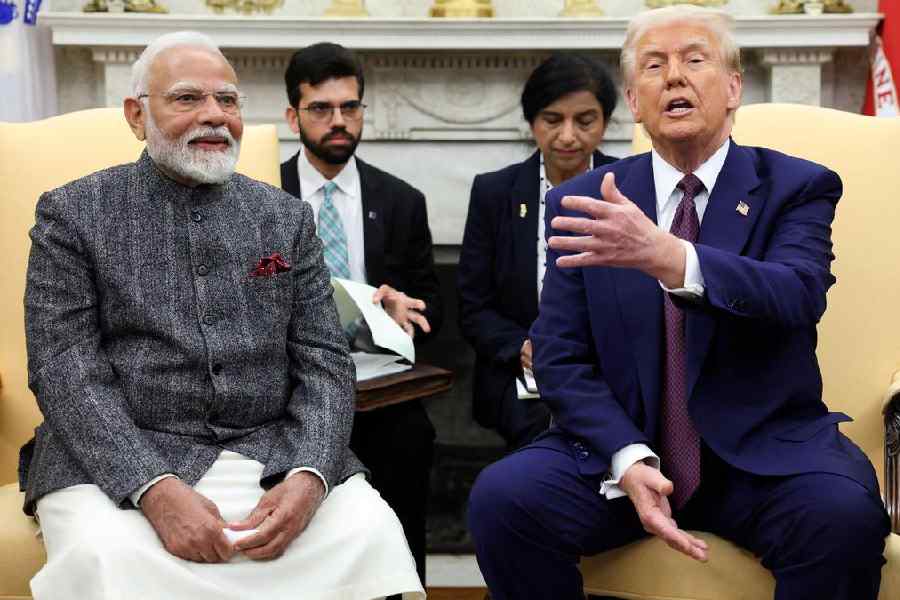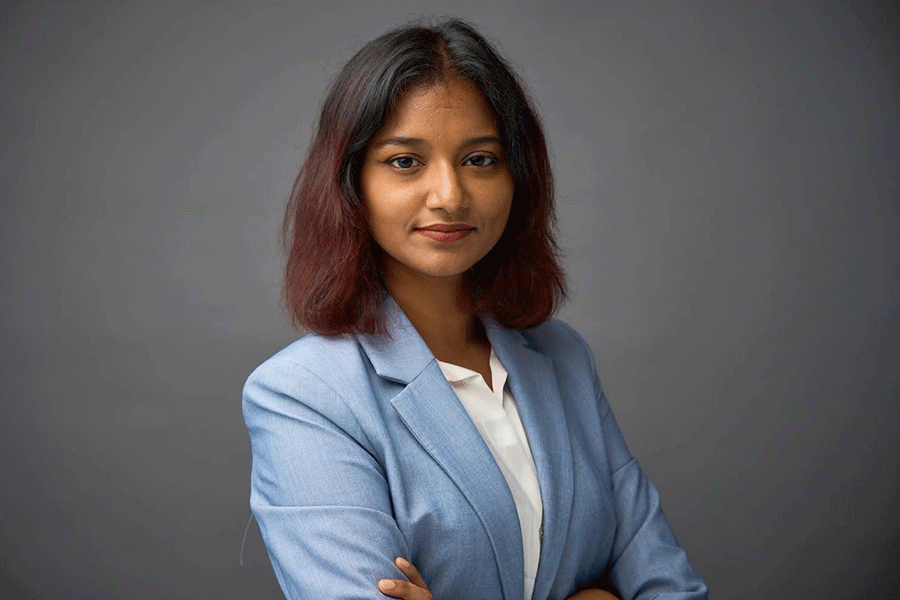Pakistan’s supreme religious body has said that there are no constitutional or Sharia restrictions on the construction of a Hindu temple in Islamabad or any other part of the country.
The Council of Islamic Ideology (CII) made its decision at a meeting on Wednesday on the basis of the Constitution and the Liaquat-Nehru Agreement of 1950, which led to the establishment of the Evacuee Trust Property Board (ETPB) in Pakistan, the Dawn reported.
The CII also allowed the government to hand over an ancient Hindu temple and adjoining dharamshala in Saidpur village to Islamabad’s Hindu community.
“In view of the current population in Islamabad the ancient temple and the adjoining Dharamshala at Saidpur village be opened to the Hindus and they should be facilitated to reach there to perform religious services as per their beliefs,” the CII said.
The decision, signed by 14 CII members, added that Hindus, like all other religious groups in the country, have the constitutional right to a place for last rites according to their faith.
“Under this right the Hindu community in Islamabad can have a suitable place for cremation of their dead and perform last rites of the deceased according to religious instructions,” the council said.
An application was referred to the CII by the ministry of religious affairs on July 6, seeking its opinion on the allotment of a land to the Hindu community for a crematorium, community centre and temple. The ministry had also sought the CII’s advice on the allocation of Rs 100 million by the Prime Minister for the construction of the crematorium and temple.
Some clerics, mainly those affiliated with the Lal Masjid, Jamiat Ulema-i-Islam-Fazl and Markazi Jamiat Ahle Hadis, had objected and claimed that a government grant for a temple was un-Islamic. An application was also filed in the Islamabad High Court by an individual against the construction of the temple and crematorium.
The court deferred the matter and connected it to the CII’s decision.

